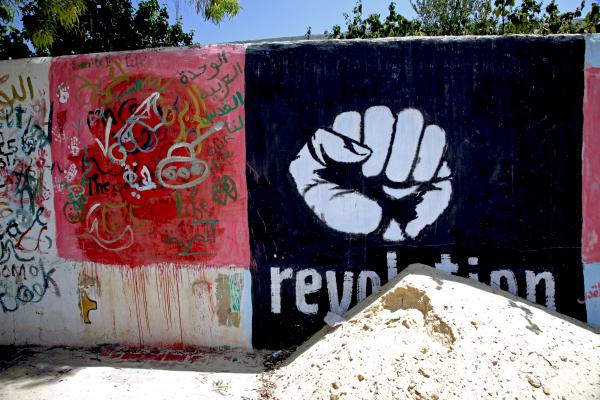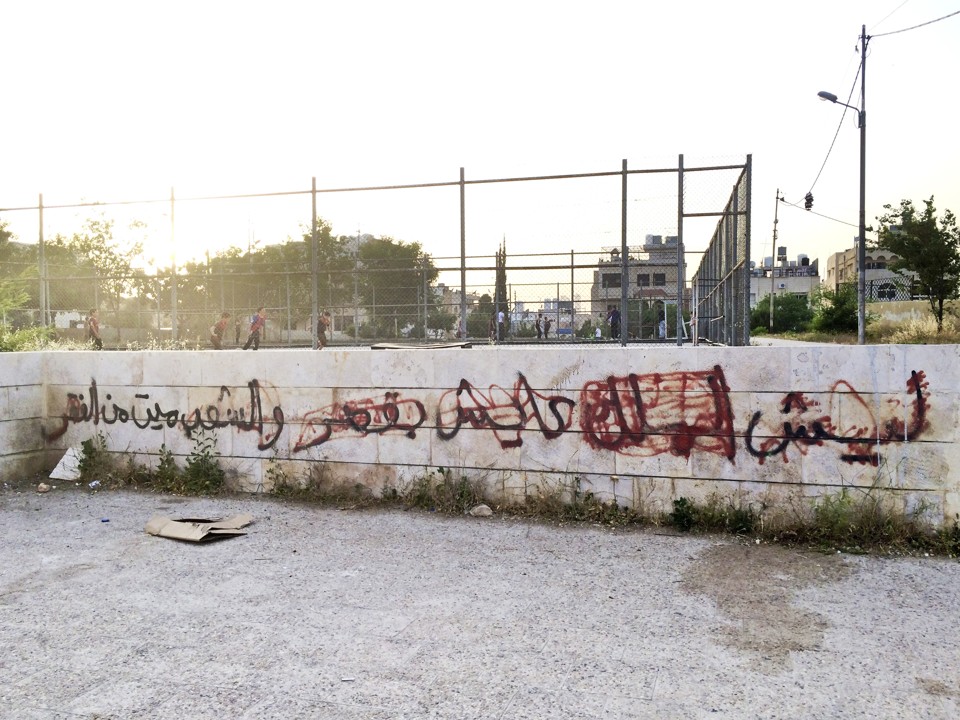
Years after young people first rallied in the streets—singing, marching, and chanting for the resignation of Zine el-Abidine Ben Ali and his regime—the spirit of hope has disappeared. After two free and open elections, it is safe to conclude that democracy has won. But with the 40 percent unemployment rate virtually unchanged since the days of Ben Ali, and opportunity once again concentrated in the hands of the elite, one thing is clear: The youth are the losers of Tunisia's Jasmine Revolution.
Pulitzer Center grantee Alice Su reports on the increased terrorism that threatens to reverse the country's success. In March 2015, gunmen attacked the Bardo Museum and killed 21 individuals, mostly tourists. Recently an extremist opened fire on the Hotel Marhaba, leaving 38 dead. While ISIS claimed responsibility, both attacks were carried out by men in their 20s, while as many as 3,000 young men have left Tunisia to fight for ISIS in Syria.
But what exactly is preventing Tunisia's thriving democracy from creating opportunity for its disillusioned youth?
According to a recent report published by the Netherlands Institute of International Relations, the lack of regional security may be the driving force behind the economic stagnancy. While Libya spirals deeper into civil war on Tunisia's southeastern border and Egypt continues its battles with post-coup unrest, the region's relationship with its European trading partners has been greatly obstructed. Other countries in the region, such as Algeria and Egypt, have seen a sharp spike in youth unemployment, with the latter's rates nearing the 30 percent threshold. But contextualizing this problem as a regional one only hinders youth from facing the harsh reality that democracy and economic prosperity do not always go hand in hand.
There is nothing about democracy that automatically ensures that elected leaders will have the ability to set up the political institutions needed to provide the "bread, freedom, and human dignity" that Tunisian youth so desperately desire. And why would they, seeing that many members of Tunisia's new ruling party, Nidaa Tounes, have served in the cabinets of former autocrats? In fact, newly-elected president Beji Essebsi served as speaker of the house and minister of defense under Ben Ali, and Minister of Interior under the country's first president, Habib Bourguiba.
Aside from their sullied past, Tunisia's new leaders are also two generations removed from the young revolutionaries; Essebsi is 88, and the General Secretary of Nidaa Tounes, Taïeb Baccouche, is 71. One might question the ability of septuagenarian and octogenarian leaders to respond to the needs of the younger population. But it is important to remember that Essebsi and his counterparts did not walk into power; they were chosen by the Tunisian people—just not the ones under 30.
According to the International Republican Institute, local election observers reported low youth turnout in the 2014 elections, with some claiming that only 10 percent of youth actually showed up to the polls.
But as frustrated as these young people may be with its painfully slow nature, democracy will only fulfill its promise if they engage with it, not pull back. Save for a revolution, tangible change does not come overnight. And as grantee Alice Su has uncovered, fighting for ISIS is more likely to get you a bullet to the head than a shot at upward mobility. Leaders like Essebsi are only recycled back into the political sphere because few electoral contenders even possess the experience needed to run such a country in a rapidly deteriorating region.
Even amid the disillusionment, the opportunity that Tunisian youth so desperately crave is still out there. Whether or not that opportunity will be seized is for them to decide.






